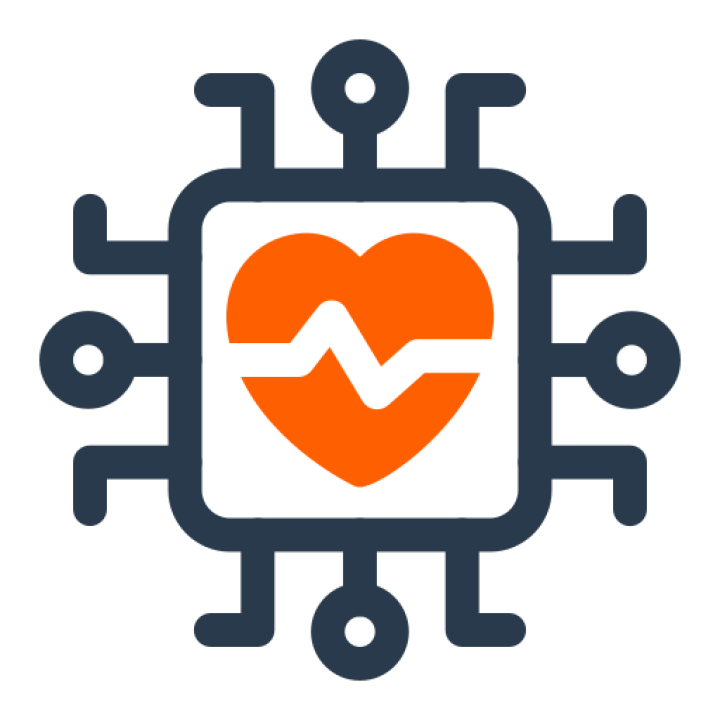Healthcare Systems Engineering
This major applies engineering principles to improve healthcare systems and operations. Students explore healthcare processes, quality improvement, data analysis, and health information. The program emphasizes problem-solving, systems thinking, and the use of technology to enhance healthcare delivery and patient safety. Graduates are prepared for careers in healthcare management, consulting, and technological roles.
Learning Objectives:
- Understand healthcare systems and engineering principles.
- Develop skills in analyzing and improving healthcare processes.
- Learn data analytics, quality improvement, and health information technology.
- Explore the role of technology in enhancing healthcare delivery and patient safety.
- Understand regulatory standards, ethical considerations, and patient-centered care.
- Analyze challenges and opportunities in healthcare systems.
- Develop teamwork and problem-solving skills for healthcare improvement projects.
Main Outline:
- Introduction to Healthcare Systems Engineering - Overview of healthcare systems and engineering principles.
- Healthcare Operations and Management - Principles of healthcare operations and improvement techniques.
- Quality Improvement in Healthcare - Quality improvement methods including Lean and Six Sigma.
- Data Analytics in Healthcare - Principles of data analytics and decision-making techniques.
- Health Informatics - Fundamentals of health informatics and health information systems management techniques.
- Patient Safety and Risk Management - Principles of patient safety and risk management techniques.
- Regulatory Standards and Ethical Considerations - Understanding regulatory standards and ethical practices in healthcare engineering.
- Emerging Trends in Healthcare Systems Engineering - Analysis of innovations such as telemedicine and AI in healthcare.
- Capstone Project in Healthcare Systems Engineering - Real-world project applying acquired skills in healthcare systems improvement.
Assessment Methods:
- Healthcare process improvement projects, data analysis reports, quality improvement plans, research papers, group projects, internships.
Recommended Textbooks:
- "Healthcare Systems Engineering" by James Benneyan et al.
- "Data Science for Healthcare" by Foster Provost and Tom Fawcett.
- "Health Informatics" by Amar Gupta and Salim Hariri.
Prerequisites:
Basic knowledge of engineering principles, statistics, and healthcare systems. Suitable for students in industrial engineering, healthcare management, and related fields.
Duration of the Major:
Typically 4 years for a bachelor's degree, including coursework, projects, and internships.
Certification:
Graduates may earn a degree in Healthcare Systems Engineering and pursue certifications such as Certified Professional in Healthcare Quality (CPHQ) or Certified Associate in Information and Management Systems (CAHIMS).
Target Audience:
Aspiring healthcare managers, consultants, data analysts, and health information experts seeking specialization in healthcare systems improvement and technology. This major equips students with the skills necessary to excel in healthcare systems engineering, supporting advancements in healthcare delivery, patient safety, and operational efficiency.

